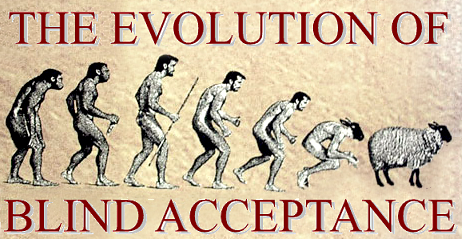Question: In recent Bhakti Vriksha meetings, some of my previous understandings of the Trimurthy Concept and Dasa-avataras has been changed significantly and this has prompted me to study the structure of Indian Philosophies and inquire into the various schools of thought to understand objectively the different philosophical traditions or sampradayas and their teachings. Is this inquiry wrong?
As a result of my recent inquiries, I am unable to blindly follow the discussions and accept everything on the face value. My upbringing, education, and the professional work place culture that I am associated with for 38 years of my life do not permit me to accept one school of thought as the single authority or final word versus the other. In essence, I think I need more time to convince myself of the authenticity of any teachings. I hope some time will be given to any devotee to develop faith in a particular sampradaya. Is seeking more time acceptable?
Answer by Romapada Swami :
Inquiry is very essential to obtain knowledge; it is definitely not wrong to want to deeply inquire, take time to study and try to objectively understand the philosophy of Krishna consciousness from different angles; rather it is recommended and very welcome. In fact, Srila Krishnadas Kaviraj, a great Vaishnava saint and author, invites us to apply all of our power of inquiry and logic to this process of Krishna consciousness. Such understanding of the sastra strengthens the mind and intelligence and can protect us from the numerous pitfalls on the spiritual path.
Srila Prabhupada also held both blind acceptance and blind rejection as equally to be rejected.
I would like to add a word of caution, though. The spirit of inquiry, Krishna explains in Bhagavad-gita, must simultaneously be accompanied by a spirit of service, submission and humility. (Bg 4.34) Submission and hearing from authority does not mean blind acceptance; rather it is to carefully consider the teachings as far as our God-given intelligence allows, and to do so in a humble frame of mind and sincere eagerness to come closer to God as opposed to the spirit of challenge. Spiritual knowledge, unlike material knowledge, cannot be attained by exhaustive analysis or intellectual pursuits. It is most confidential and can be understood only by following in the footsteps of mahajanas, and thereby achieving the grace of the Lord.
Modern upbringing and education are geared in the opposite direction, but they can lead only to relative truths, not to the Absolute. They are aimed at sense-gratification, not at self-realization. Spiritual education however is on a different platform. However, even if one is trained in modern ways of inquiry, if one can avoid the pitfall of endless skepticism, and study carefully from trustworthy sources in a devotional disposition as mentioned above, the Lord in the heart will guide us to knowledge.







